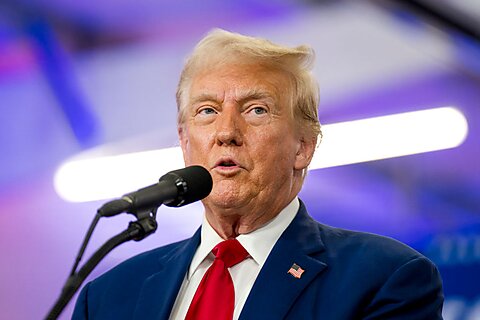Donald Trump is back to saying the 2020 election was stolen from him, and his followers regularly echo these claims. It’s therefore helpful to keep on hand one or two of the exhaustively detailed state-by-state accounts by election lawyers and scholars of why this isn’t so.
“Lost, Not Stolen,” from 2022, is a 72-page report from eight prominent conservative legal and political figures that knocks down many of the more frequently heard claims that the 2020 election was stolen or illegitimate. Among its all-star author lineup: Michael McConnell and two other former federal judges, former Solicitor General Ted Olson (who is no relation), and Republican election lawyer Ben Ginsberg.
Their “unequivocal” conclusion is that Trump lost; they find no credible evidence that fraud changed the outcome even in a single precinct, let alone in any state. I wrote about their report here.
In 2024 Justin Grimmer and Abhinav Ramaswamy of the Democracy and Polarization Lab at Stanford University published an 85-page dissection of the Trump fraud claims. Grimmer is also associated with the Hoover Institution.
“All of the claims we evaluate fail to provide evidence of fraud or illegal voting. Trump’s claims … are riddled with errors, hampered by misunderstandings about how to analyze official voter records, and filled with confusion about basic statistical techniques and concepts.” Like the authors of “Lost, Not Stolen,” Grimmer and Ramaswamy examine cases from all six of the close/contested states in 2020, namely Arizona, Georgia, Michigan, Nevada, Pennsylvania, and Wisconsin.
When I wrote about the Grimmer/Ramaswamy paper here, I addressed the argument that papers like these are pointless because those friendly toward Trump’s claims will not find or read them, while those opposed don’t need them. As I see it, persuasion matters and will always matter so long as questions of politics are resolved by something short of force.
At his debate with Kamala Harris, Trump repeated a claim he’s made before: that his 2020 election challenges were thrown out on standing rather than merits. So far as I’m aware, neither Harris nor the moderators challenged this assertion about standing, which is a shame because it was flatly false. While some cases did fail on standing (sometimes because Trump’s side had not proffered needed evidence), courts reached merits in case after case.
In a new piece, veteran lawyer Rich Bernstein examines how courts disposed of the Trump election cases, as enumerated in “Lost, Not Stolen.” Courts regularly cited merits, not infrequently in circumstances in which independent alternative grounds, such as standing or procedural flaws, would also doom a claim. (For a sample of a well-written opinion showing some of this interplay, read this from the Third Circuit on Trump’s Pennsylvania claims, written by Judge Stephanos Bibas, a Trump appointee.)
When Trump claims his supporters were never given their day in court to dispute the 2020 results, he bids to undermine the legitimacy of both the electoral and the judicial systems. Those are good reasons to make sure those assertions don’t go unchallenged.


